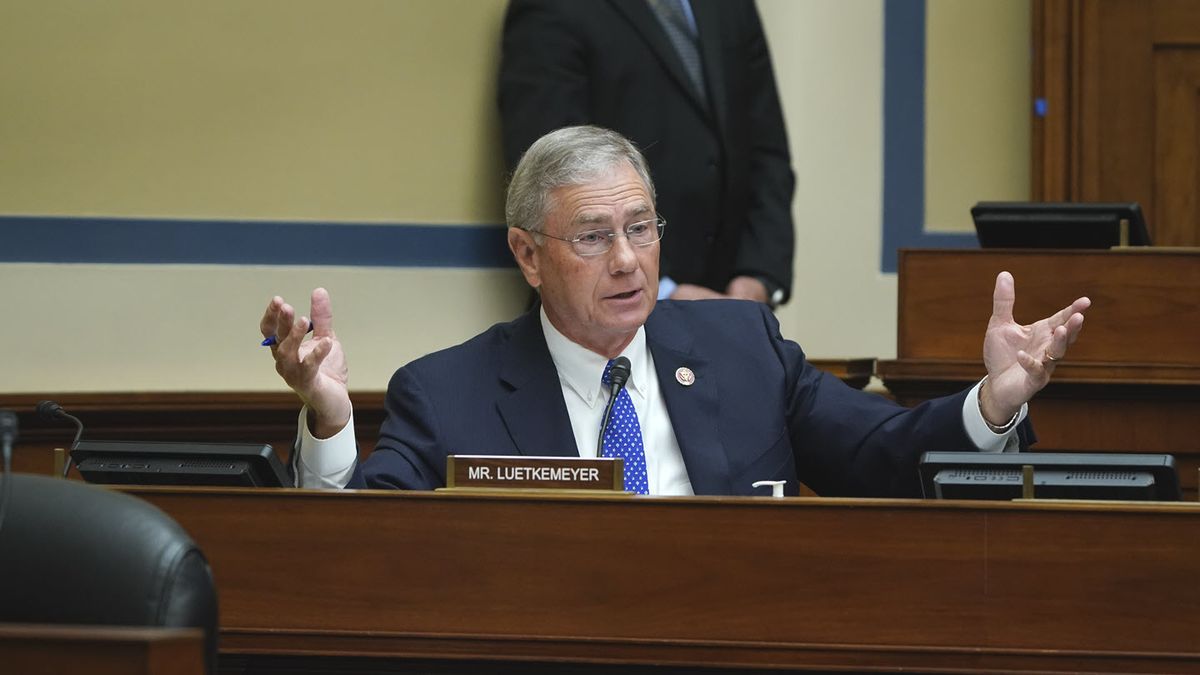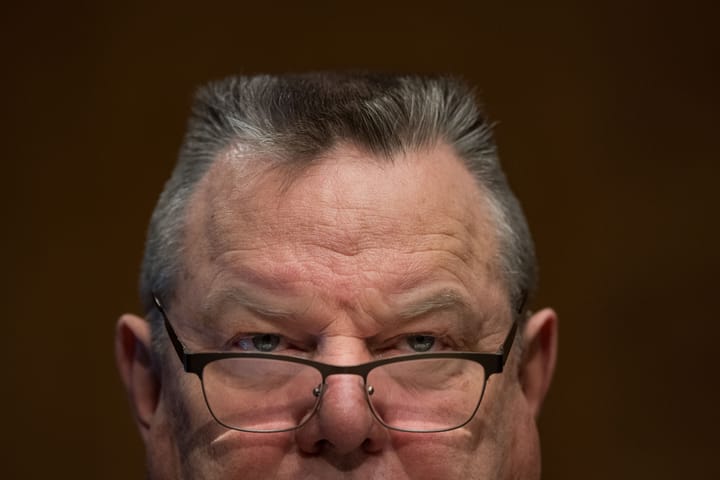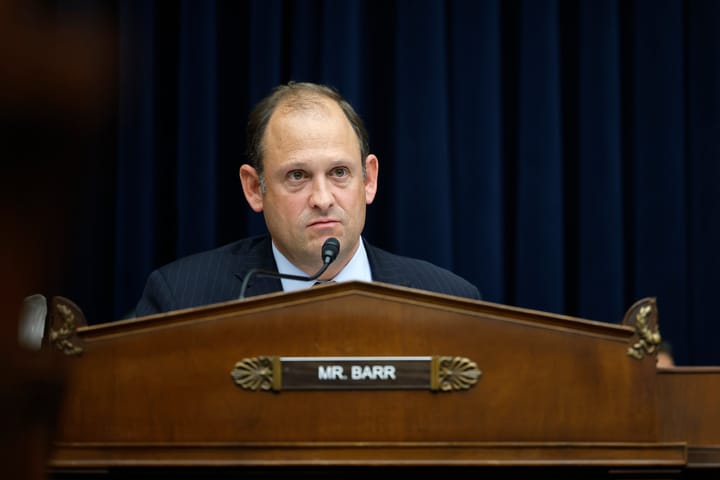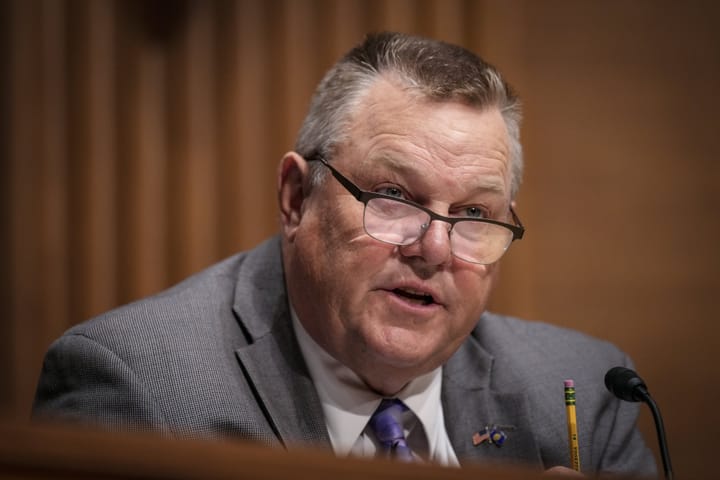The Congressman Represented by the Banking Lobby
Missouri Republican Blaine Luetkemeyer has collected millions from his family bank, a member of the American Bankers Association.

In examining the causes of the global financial crisis of 2007 and 2008, one of the more obscure issues researchers identified was the accounting practices used by banks that caused them to not hold large enough capital cushions. Almost universally, banks had been using accounting standards that only factored incurred loan losses when determining how much money they should set aside, rather than also considering what they could reasonably anticipate for future losses. When subprime loan losses began piling up and some institutions were exposed as having holes on their balance sheets, it was hard to trust that a bank was solvent because the accounting used by everybody seemed to be overestimating banks’ abilities to absorb losses.
To address these overly-rosy accounting practices, regulatory bodies in the U.S. and abroad crafted new standards that will require banks to account for future loan losses by considering historical data and economic forecasting...



